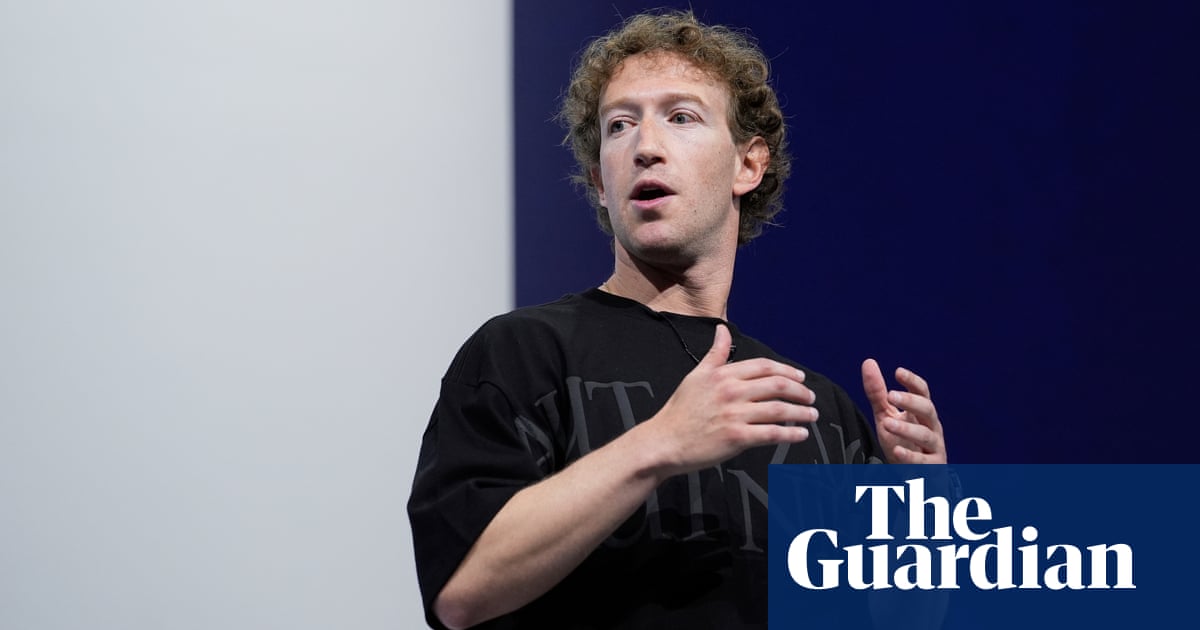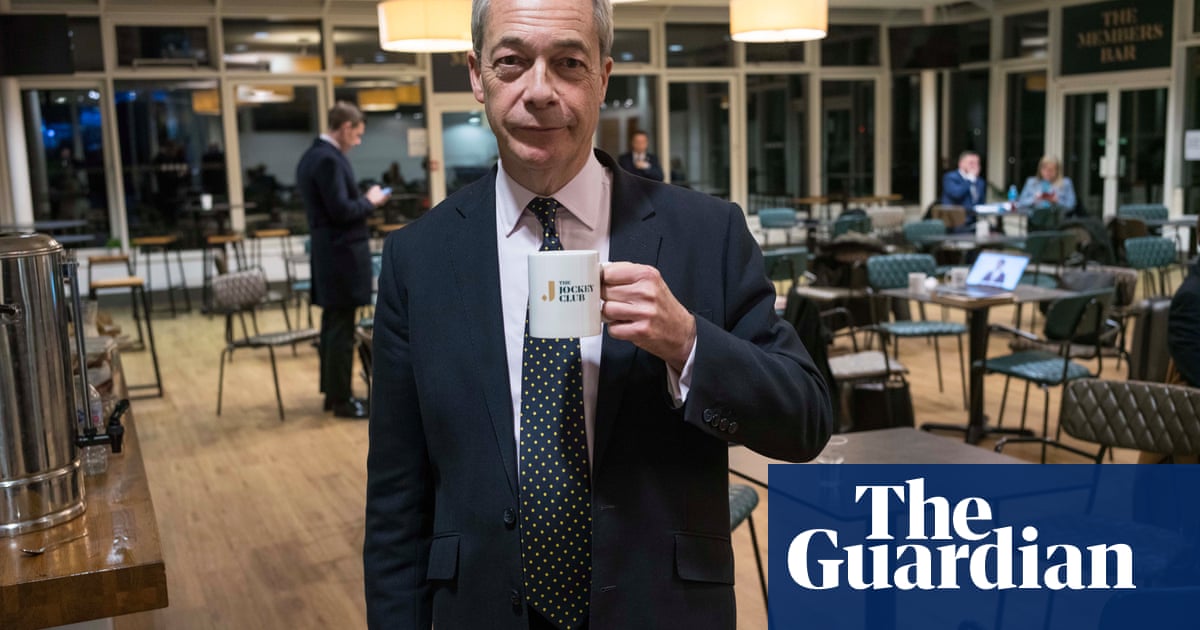I always secretly thought I was evil enough to compile a boyband. How hard can it be, really? You get four but ideally five working-class lads from a top 10 but crucially not top two city in the UK, throw them in a house for six weeks until they figure out which two can dance and which two can sing and which one can write, get some up-and-coming songwriters to give them three bona fide mega-hits, and you’re basically there.
This is what Boybands Forever (16 November, 9.15pm, BBC Two) teaches us, anyway – that for a brief moment between 1991 and 2003 this is all there is to it: scour the shopping centres of the country until you find a Gary Barlow or a Lee Ryan or a Brian McFadden, find the worst denim trousers currently available on the market, put him in them and give him four mates, shove them on a youth-centric magazine show and boomf, you’ve got a million pounds. Don’t worry about the psychic agony of being screamed at by thousands of women when you’re only 20 years old! Not your problem. Count the money and start thinking about repeating the trick, only maybe this time they can wear leather jackets and have fun little nicknames. Honestly, why did we ever stop?
Boybands Forever is a fantastic three-part documentary investigating that question, but mainly it charts those strange British boyband years in a way that makes you palpably nostalgic. Made by the excellent Mindhouse – I wasted word count last week saying “Damian Lewis is a good actor”, so I can repeat the trick this week by saying “Louis Theroux really knows how to run a documentary production company” – the show covers bands from East 17 to 911 to Take That to Damage via Westlife and 5ive and Blue, and probably some more I have forgotten; sorry to those involved. It combines talking heads remembering all this – the still-startled men who were in the groups, sure, but also a succession of Smash Hits writers, pop svengalis such as Simon Cowell and Louis Walsh, Brian Harvey’s ex-girlfriend Danniella Westbrook, and former Top of the Pops presenter Jayne Middlemiss (Andi Peters, especially, is on outstanding form) – and that feels like a smart decision.
Done wrong, Boybands Forever would have been a load of boyband survivors saying: “Yeah it was great. We were always in hotels!”, or a load of professional rememberers going: “How did it go? Wiggy wiggy / I’m getting jiggy!”, and not looking under the hood. Instead, boybands are celebrated earnestly but also serve as a cautionary tale. What happens if you give five men astounding fame, make them glowing targets for tabloid newspapers then drop them as soon as their songs stop feeling vibrant, which is about the time they turn 25? Well: a lot of men who have spent the intervening decades figuring out what, exactly, happened to them. But ones who do have some treasured memories of a secret dark room deep within the core of Mahiki.
A couple of years ago Mindhouse produced Gods of Snooker, which I still recommend to people now, and Boybands Forever does a lot of what that documentary did so well, just with a different subject matter to chew. The archive footage of these shockingly young-looking men on various 90s TV shows makes you so nostalgic it feels as if your nerves are gnawing at your flesh, and three hour-long episodes feels dense and great but almost not quite enough. (For the record I would have liked four. Five would have been too much. Although actually, if one episode were dedicated to the interview they got with Robbie Williams: we could have had five.)
Boybands takes in three distinct eras – the East 17/Take That boom, the 5ive badboy formula tweak, and Blue, who got in just before The X Factor took over and shut the boyband door almost for ever – and it’s fascinating to see a top-down, bright-eyed account of a particular moment in British music history and one that ends on an optimistic note, too. Take That still sell out stadiums. Those songs still come on at weddings and everyone goes wild. Spike and Jimmy from 911 can still dance as well as they ever did.
Listening to boybands takes you back to where you were when they were important to you, before cynicism started to bite, before you ever knew what a “mix CD with two Jane’s Addiction songs on it” even was, to a time when chewing gum was somehow still subversive. That’s magical. I don’t often make direct pleas to the BBC – “leave me alone! I pay it, all right!” – but if the director general is reading, I need the companion documentary about girlbands like, yesterday.

.png) 1 month ago
13
1 month ago
13













































